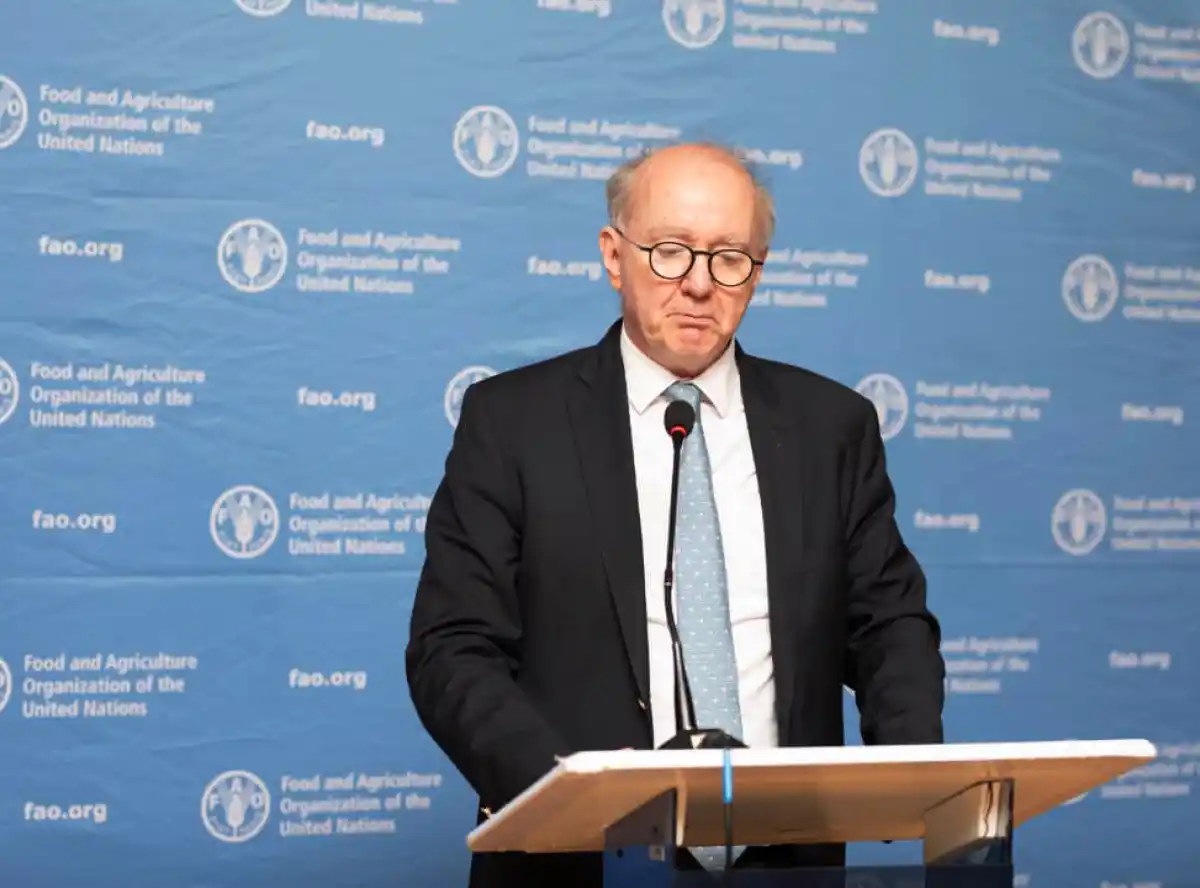
By Brenda Kayo:
The government of Germany has provided 5.5 million Euros (approximately K10.1 billion) to Malawi, through Food and Agriculture Organisation (FAO), to support the country’s forest restoration efforts.
The funds are part of the African Forest Landscape Restoration (AFR100) project, which aims to restore 100 million hectares of degraded landscapes in six African countries, including Malawi, by 2030.
The project was launched in Lilongwe Thursday and will run for three years.
In Malawi, the project will focus on restoring 4.5 million hectares of degraded land.
The first phase of the project will kick off in Ntcheu and Mangochi districts, focusing on restoring 7,000 hectares of land and improving management plans for an additional 20,000 hectares.
Speaking during the launch, Deputy Head of Mission at the German Embassy, Andreas Hartmann, said Malawi’s struggles with climate shocks are due to land degradation.
He said Malawi’s high population had led to widespread deforestation, such that it was high time the country woke up and started restoring its landscape.
 “Our interest is to promote and partner with Malawi in very crucial areas of cooperation and one of the outstanding problems is climate change. We want to make a different and develop a strong partnership project that can help [and enable stakeholders] to do something about reforestation,” Hartmann said.
“Our interest is to promote and partner with Malawi in very crucial areas of cooperation and one of the outstanding problems is climate change. We want to make a different and develop a strong partnership project that can help [and enable stakeholders] to do something about reforestation,” Hartmann said.
FAO Programmes Manager Samuel Kirichu said restoring landscapes would help mitigate the effects of climate change, which Malawi has been experiencing at increased frequency.
“Malawi is one the countries which has hugely been affected by climate change. We have seen cyclones, dry spells, among other things, and this is due to land degradation,” he said.
Director of Forestry in the Ministry of Natural Resources and Climate Change Titus Zulu thanked the government of Germany for the support.
He further called on stakeholders to utilise the fund so that it should deliver lasting benefits to the country.
“The issues of climate change, land degradation and deforestation have been a major challenge in our country. If we collaborate on this project, we will see the fruits and benefits of it and we, as a country, will win,” Zulu said.
The project, which started in 2024, is scheduled to be phased out in 2027.






0 Comments